-
×
 Wheat Malt (55 lb sack) - Barrett Burston 1 × ฿2,150.00
Wheat Malt (55 lb sack) - Barrett Burston 1 × ฿2,150.00
WLP860 Munich Lager Dry Yeast – White Labs 11g. pack
฿290.00
In stock
| Special Discount | Items | Price/Item |
|---|---|---|
| Bulk Yeast Discount | 10 + | 7% ฿269.70 |
SKU: 4WLP860Dry
Categories: All Products, Beer Yeast, BREWING INGREDIENT, Lager Yeast, White Labs, Yeast (Beer, Wine, Spirits)
Tags: dry yeast, Munich Lager, White labs, WLP860
WLP860 Munich Lager Dry Yeast – White Labs 11g. pack
WLP860 Munich Lager จากโรงเบียร์ที่เก่าแก่ที่สุดในเมือง Munich สู่มือของทุกท่านในรูปแบบยีสต์แห้ง
White Labs WLP860 Munich Lager เป็นยีสต์ดั้งเดิมจากโรงเบียร์ที่เก่าแก่ที่สุดใน Munich, Germany. ผ่านการดูแลสายพันธุ์โดยนักบวชซึ่งมีหน้าที่ในการหมักเบียร์ในวิหารโบราณ
WLP860 Munich Lager ขึ้นชื่อเรื่อง กลิ่นรสที่สะอาด พร้อมด้วยสมดุลความหวานจากมอลต์อันโดดเด่น
ไม่ว่าคุณจะหมัก Märzen ที่มีรสเข้ม แซมกลิ่นขนมปังแบบ toasty หรือ Helles ที่มีสีทองใส รสชาติสดชื่นสะอาด แม้กระทั่ง Bock แบบเนื้อและรสสัมผัสแน่นๆ พร้อมความซับซ้อนของรสชาติมอลต์ WLP860 Munich Lager คือยีสต์ใช่
From the oldest operating brewery in Munich.
Carefully cultivated and preserved by brewing monks observing time-honored traditions, this strain is renowned for its clean, crisp fermentation balanced by a distinct malty sweetness.
Whether you’re brewing a Märzen with its rich, toasty notes, a Helles with its golden brilliance, or a Bock with its full-bodied complexity, this yeast can do it all – a dependable and versatile strain, sure to be a new favorite for lagers.
Now you may ask, “Are your dry and liquid yeast the same?” Yes, and no. This strain is indeed WLP860 Munich Lager Yeast and can be verified by genetic identification. The standardized quality control we perform on our liquid yeast is also the same as what we employ with our dry yeast. The process by which liquid and dry yeast are grown, stored, and used can be different, resulting in some practical differences for brewers and nuances in the flavor and aroma profile of the final product.
Providing the most flexible options for brewers has always been important to us, and we’re excited to offer another choice when it comes to yeast.
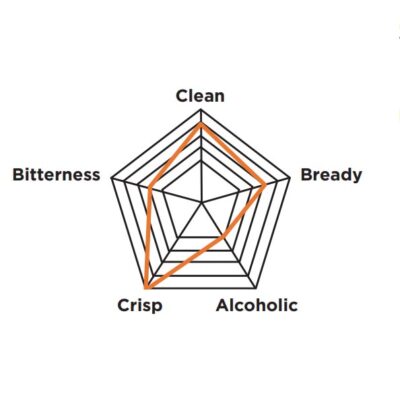
Attenuation: 68% – 72%
Flocculation: Medium
Alcohol Tolerance: Medium (5-10%)
Recommended Fermentation Temperature:
48° – 52°F
9° – 11°C
Recommended Styles:
- Amber Lager
- American Lager
- Bock
- Cream Ale
- Dark Lager
- Dopplebock
- Helles
- Marzen
- Pale Lager
- Pilsner
- Rauchbier
- Schwarzbier
- Vienna Lager
Top Benefits of White Labs WLP860 Munich Lager Dry Yeast
Performance You Can Rely On. High live cell count and highly shelf-stable result in consistent fermentation performance with every batch.
Convenience of Production Planning. Extensive shelf life allows you to keep inventory on hand. Ensure your scheduling, planning, and those unforeseen issues like stuck or slow fermentations are stress-free.
Easy to Use. No rehydration or wort aeration is necessary due to the high sterol content and simple measurements of pitch rate by weight for hassle-free fermentations.
Gluten-Free. Propagated using beet molasses and is 100% gluten-free.
Available Anywhere You Brew. White Labs Yeast will now be available for global brewers who had challenges importing liquid yeast, with straightforward and more affordable delivery in dry format.
Part No: WLP860
Part Name: Munich Lager
Category: Yeast
STA1 QC Result: Negative
FREQUENTLY ASKED QUESTIONS – WLP860 Dry Munich Lager Yeast
What is the cell count?
The viable cell count is generally 5-10 x 109 cells per gram and a minimum of 5 x 109 cells per gram.
What is the viability?
Dry yeast viability is generally expressed in the number of viable cells per gram rather than as a percentage, like liquid yeast. White Labs Dry Yeast typically contains 60-80% viable yeast with a minimum of 5 x 109 viable cells per gram. The remaining dead yeast provides nutritional value in fermentation, including sterols, nitrogen, and vitamins.
What are the sizes you offer in dry?
White Labs Dry Yeast are available in Professional (500g) and Homebrew (11g) sizes.
How much yeast do I need?
We recommend 0.5-2g of dry yeast per Liter of wort up to 18° Plato.
500g → 5-10hL
11g → 20L/5 gallons
To get specific pitch rate recommendations, see our yeastman.com pitching rate calculator and select Dry Yeast.
How should I store it?
While dry yeast can be stored at room temperature for short periods of time, we recommend storing all dry yeast refrigerated (36º-40ºF/2º-4ºC) to maintain the appropriate shelf life.
Is it gluten-free?
Yes, the yeast is grown on molasses, so it is gluten-free.
Is it organic?
No, it is not.
Why is the color different from lot to lot?
There are color variations, but they have no impact on the yeast’s performance or the beer’s flavor. These variances are mainly caused by variations of raw materials (molasses) and, to a lesser extent, pH towards the end of propagation.
| Weight | 15 g |
|---|
Be the first to review “WLP860 Munich Lager Dry Yeast – White Labs 11g. pack” Cancel reply
You must be logged in to post a review.
Related Products
฿200.00 – ฿3,990.00Price range: ฿200.00 through ฿3,990.00

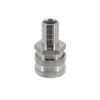

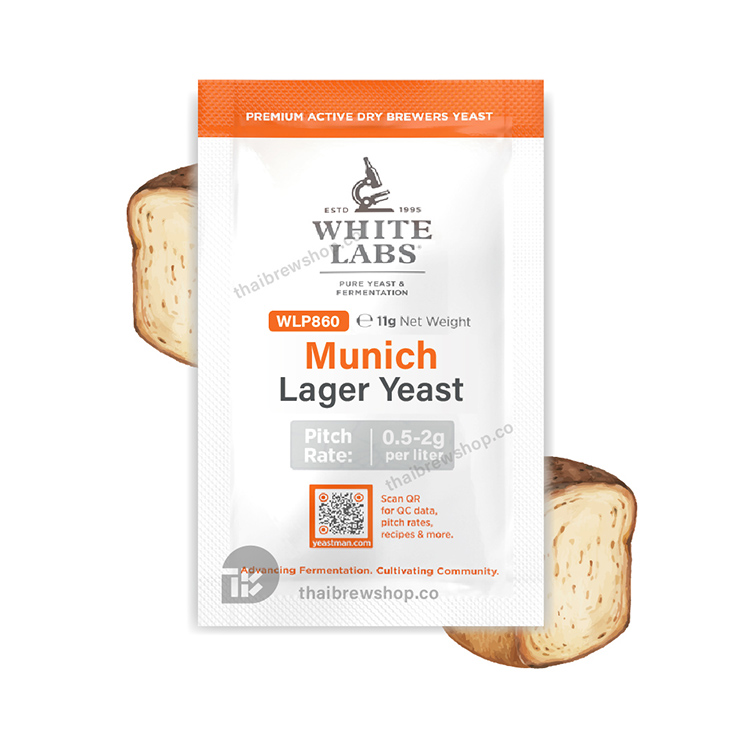
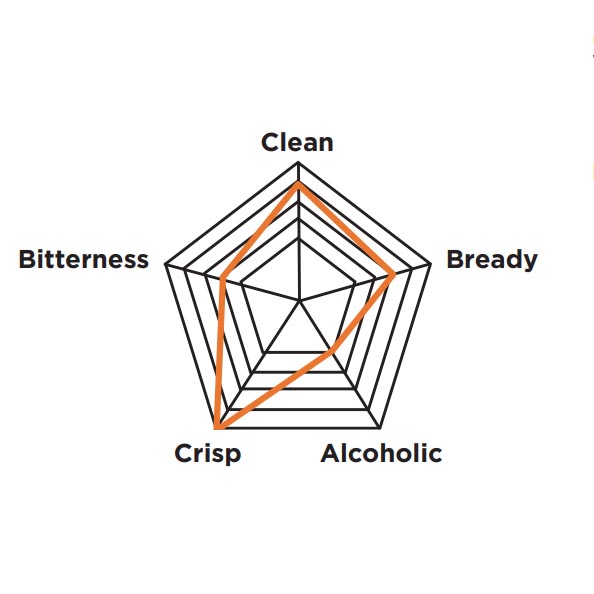
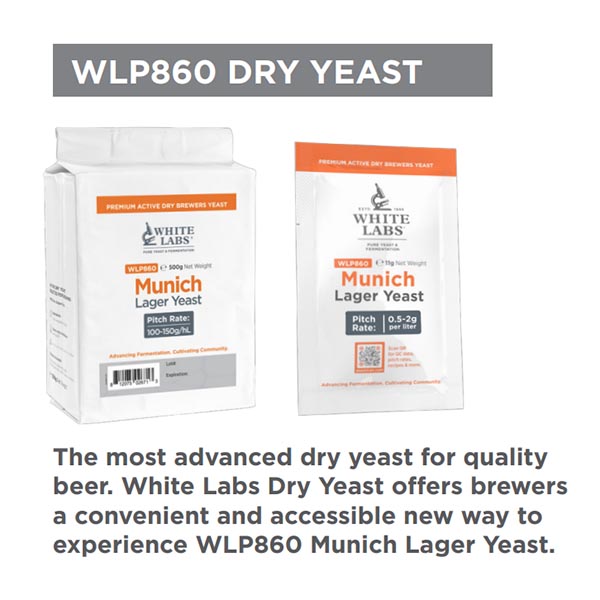
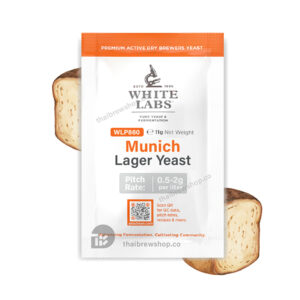
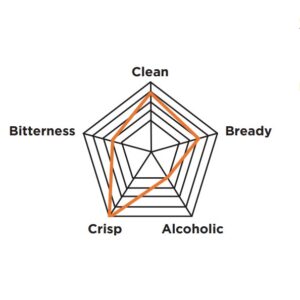
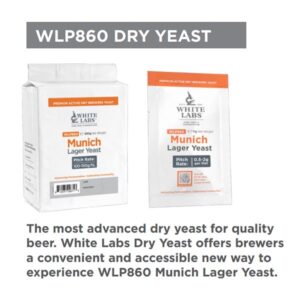
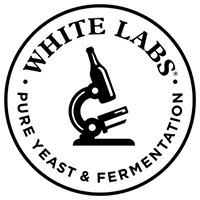






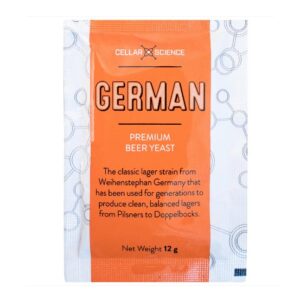
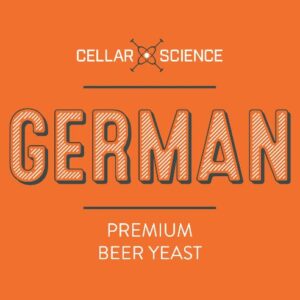





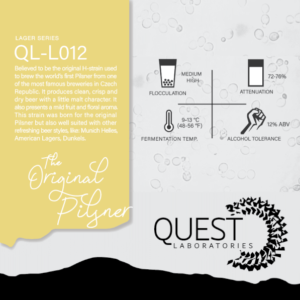
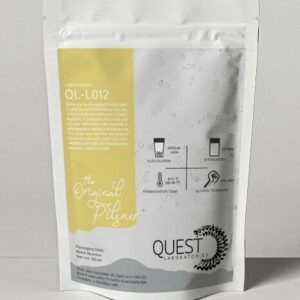
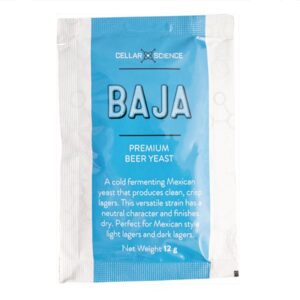
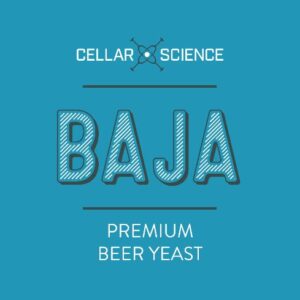


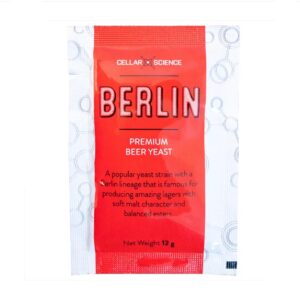
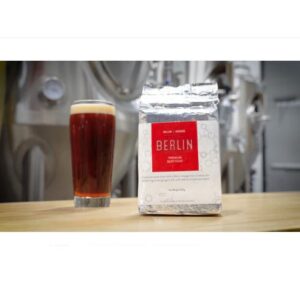
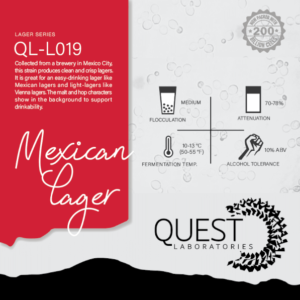
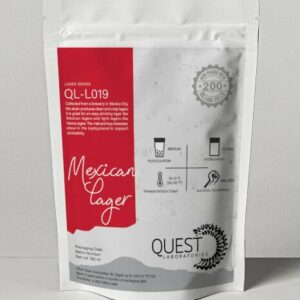
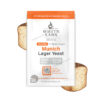
Reviews
There are no reviews yet.